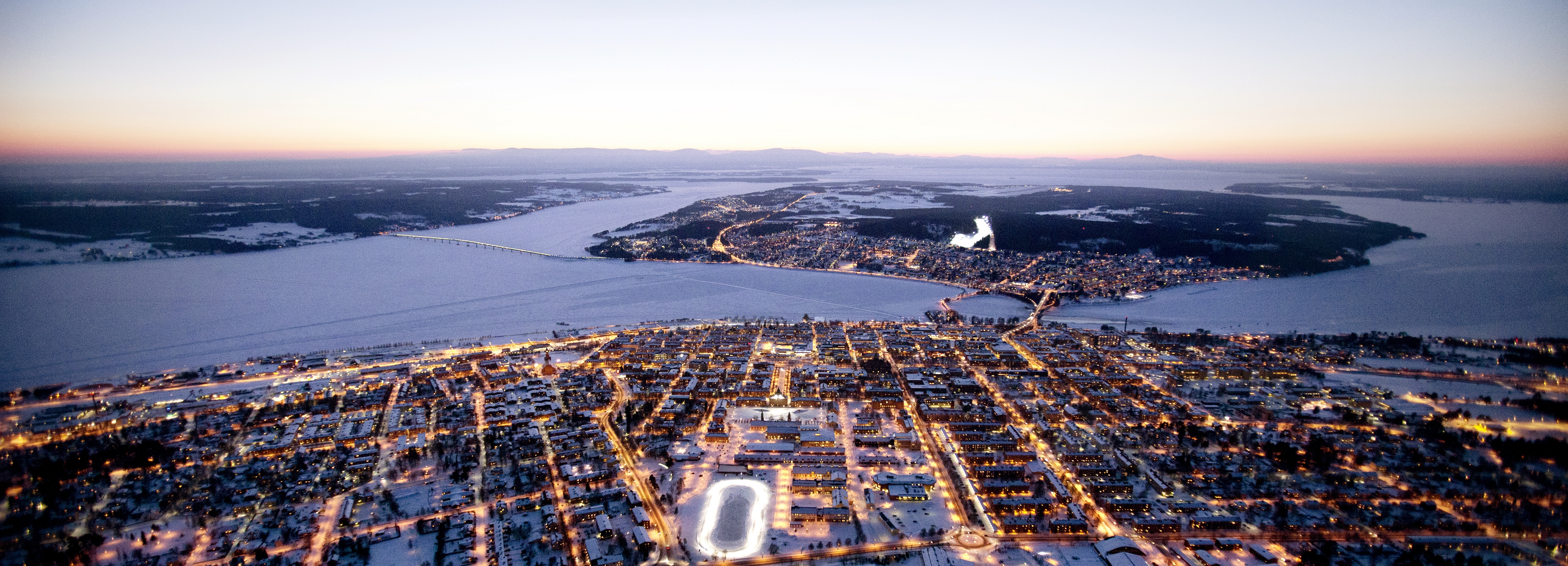
Organizational learning and change during the "Blue Skies" Passed
Tuesday September 21, 2021 17:00 - 18:30 D
Workshop leaders: Femke Mulder, PAOLO CAVALIEREPresenters: Cornelia Posch, Gintaras Labutis, Lucia Castro Herrera
- The Spectrum of Practices for Social Media Listening for Crisis Management, Lucia Herrera
- Cultural asset mapping: building networks among cultural stewards and emergency managers, Cornelia Posch
- The application of Capability Based Planning for emergency and disaster management needs, Gintaras Labutis
Panel description
The challenges posed by disasters can be an impetus for organizational change. Organizational change has been defined as a process during which organizations move from a state to another to increase their performance (Jones, 2013) and sometimes this passage can be planned or unplanned. Disasters can uncover organizational needs that require improvement. Organizations might take advantage of these “blue skies” to apply lessons learned and, in order to boost their adaptive capacity, they may update their organizational processes, internal structure, supply chains and other external networks. Furthermore, they may engage in reflection and foster organizational learning in order to better prepare, respond and cope with future hazards, which may be different or more complex.
Below are examples of the types of questions this panel aims to explore:
- How do organizations integrate lessons from previous disasters during the blue skies?
- How do they increase their adaptive capacity to new threats and emergencies?
- How do they re-arrange or improve their organizational structures?
- How do they reconfigure their infrastructure?
- Do they integrate new forms of technology in order to improve their ability to respond?
- What role does organizational storytelling play in boosting resilience during the blue skies?
- How do organizations ensure that their networks and supply chains become more resilient?
- How effective is the creation of disaster partnerships and alliances in boosting adaptive capacity?
- How is crisis knowledge managed in between disasters and how does this affect resilience?
- How effective are different forms of training in boosting preparedness? Is there a difference between perception and actuality?
For this panel we invite submissions that analyze how organizations learn and change during quiet times in an interdisciplinary fashion; the aim is to gather empirical and theoretical works from a broad range of disciplines that include, but are not limited to: Organizational Sciences, Disaster Management, Crisis Management, Humanitarian Studies, Information and Data Management, Facilities Management, Engineering, International Relations, Military / Defense, Police / Security, Water Management, Geology, Public Policy and Public Administration, Political Science, Sociology, Anthropology, Leadership Studies, etc.
Reference:
Jones, G. R. (2013). Organizational theory, design, and change. Upper Saddle River, NJ: Pearson.
Lecturers
Femke Mulder Workshop leader
Researcher Disaster and Humanitarian Knowledge Management
Anglia Ruskin University
PAOLO CAVALIERE Workshop leader
Dr.
Researcher
Cornelia Posch Presenter
PhD Student, Graduate Research Assistant
University of Delaware, Disaster Research Center
Gintaras Labutis Presenter
Ass. prof.
Military Academy of Lithuania
Dr. Gintaras Labutis, Military Academy of Lithuania, Vilnius, Lithuania
Born 1962, graduated from Vilnius University, the Faculty of Physics (1980) and continued his career as researcher. In 1992 completed his PhD in theoretical physics. In 1996 graduated from Philadelphia University (MBA). Later his career was related to top management positions in banking, leasing, insurance, and management consulting. In 2010 joined Energy Holding group in Lithuania as Chief Innovation Officer. Presently teaches at Military Academy of Lithuania (strategic management, project and change management, sustainable development and energy security) and acts as public technology transfer consultant at Lithuanian Innovation Centre. In 2017-2019 worked as Research Fellow at NATO Energy Security Centre of Excellence. As energy expert is delegated by Lithuanian MoD to participate in the projects coordinated by European Defence Agency.
Lucia Castro Herrera Presenter
PhD Candidate
University of Agder